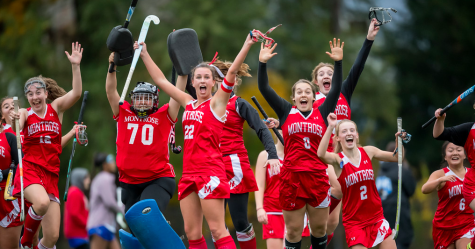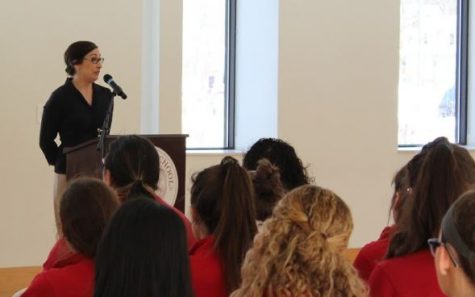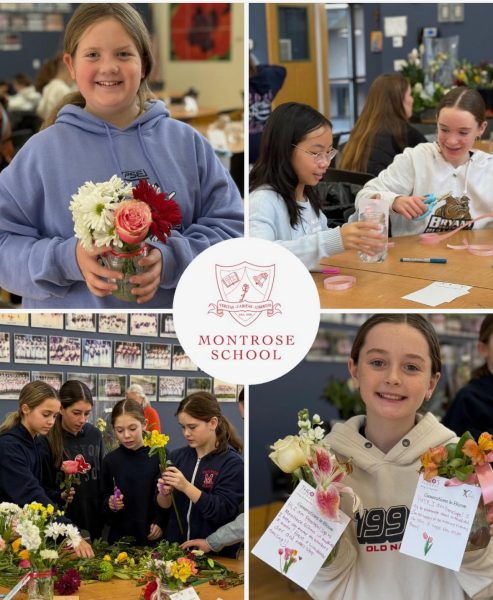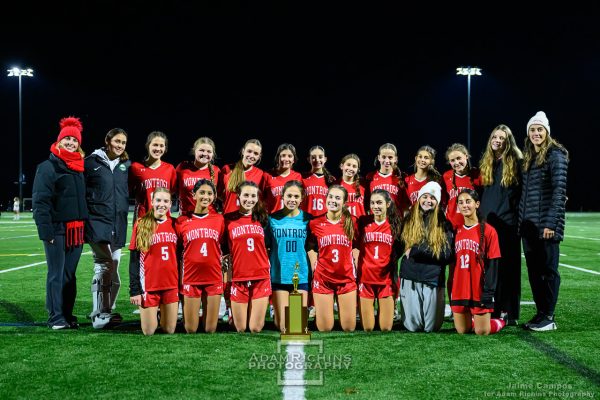Reenvisioning Summer Plans in Light of College Pursuits

I used to sing “Summer time and the livin’ is easy” to my younger sister (much to her alloyed bliss). Years ago, summer promised warm weather, long days, and no school. For rising sophomores and juniors, summer has now become the “land before time,” the period when they can embrace the lack of formal classes and explore their interests before it is time to apply to college.
Rising seniors can continue to explore as well, but they have the additional responsibilities of visiting colleges, writing essays, and completing summer work, in an effort to be ready to submit college applications before November 1st. Ideally, it makes more sense to schedule time to explore and reflect before the summer of senior year. Livin’ will be a lot easier if rising seniors have done the bulk of their research before senior year.
So, how do you begin to explore your interests – to understand who you are?
You might begin by asking: What do I love to do in my spare time? What gives me energy?
There are so many options and opportunities to explore STEM, writing, forensic science, and many other activities, it’s actually a bit mind-boggling. Here are a few things to do that will help you begin. (FYI, use the CTRL key when you click on a link.)
1) Categorize your exploration: Why are you considering this program?
-Are you hoping to strengthen your college applications with a highly competitive program? (TASP PROMYS, RISE, EFL) Free or low-cost programs that mirror the college process with an application, essay, and transcripts/test scores are the best to strengthen your application but – warning — check deadlines. Set aside time to explore these and apply as soon as applications are available. Some require teacher or counselor recommendations; give your teachers time to write a strong letter.
– Or you’re not sure what exactly “gives you energy” or you are curious about a wide range of activities in a specific location. Click on this: teen life.
– Or you want to see what programs are offered at a specific college; google “summer at school x.” See what happens when you click on this: summer at Georgetown.
Just like a college list that reflects different locations, sizes, and even majors, you should have a list of summer programs that reflects different goals. Be intentional about what you do.
2) Show evidence of your interest and initiative: Apply to programs and/or talk to professionals. Keep a journal or google doc of your findings.
Summer programs can take you further down the road of your interest AND demonstrate your initiative, no matter your goals.
EXAMPLE, NURSING: You love helping people, so you have considered becoming a nurse. Interview a nurse at your pediatrician’s office or ask your parents if they know nurses. Contact them to see what they might allow – an interview, a shadowing opportunity, a way to volunteer. EXAMPLE, PRE-MED: The Medical Career Seminar, a program of Cedar Wood Foundation, offers a fantastic opportunity to explore this field, very different from nursing. Offered two years in a row, this hands-on summer internship in Boston is affordable and effective. Email Dr. Shirley Gonzalez at medicalcareerseminar@gmail.com for information.
The health fields are very competitive; you must follow through with expression of interest so that you can add that experience to your list of activities, talk about it in an interview, or write about it in an essay.
Same goes for allied health fields (physical therapy, occupational therapy), same for engineering.
For Art, Music, or Theater students: Compile a video or art portfolio. Be prepared to upload in different formats.
3.) Don’t forget some basics: Take time to sleep, eat wisely, and laugh. A lot.
An updated version of “Summertime” may come to Spotify soon: “Summertime is full of fun, including college plans that must be done!” ☺










